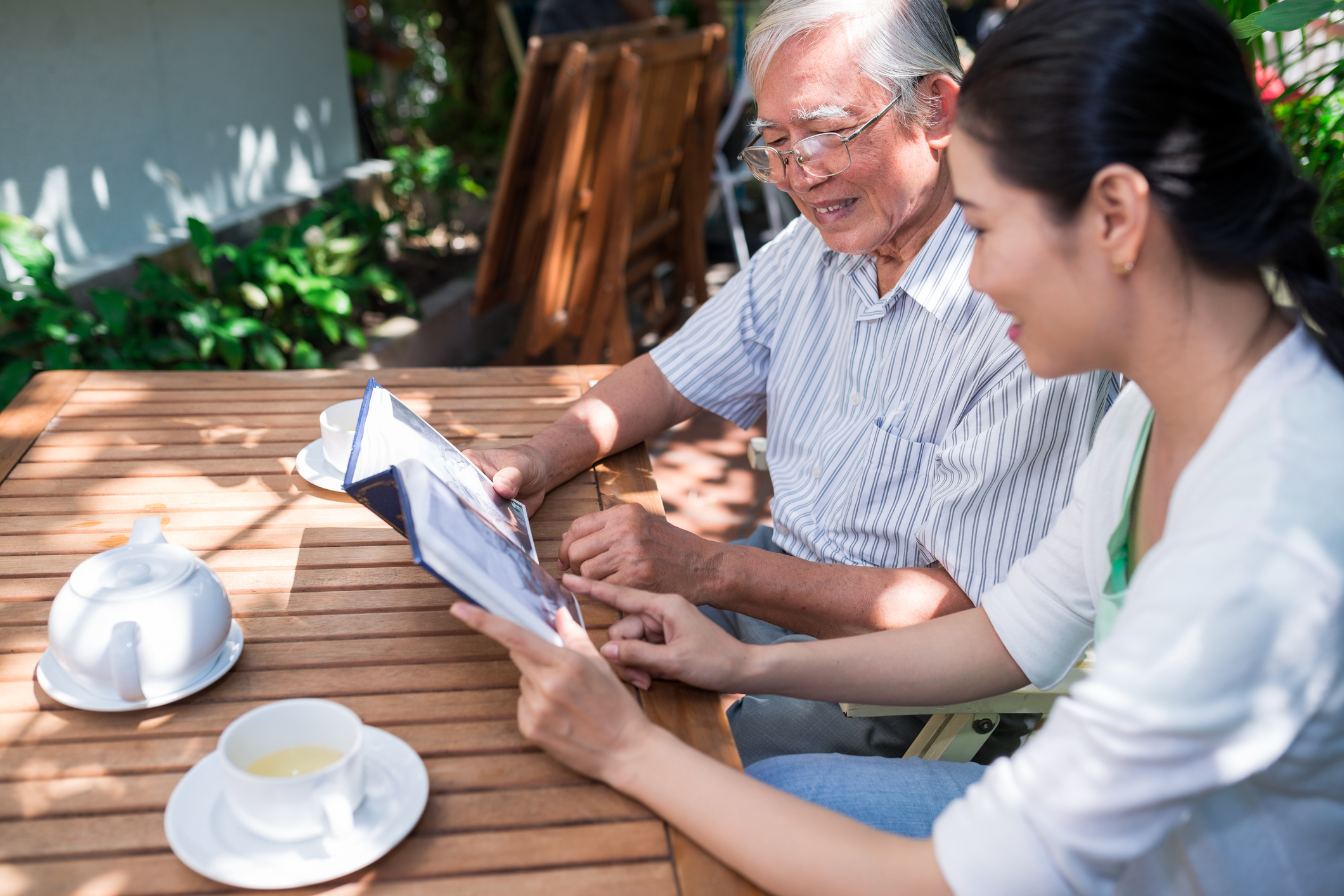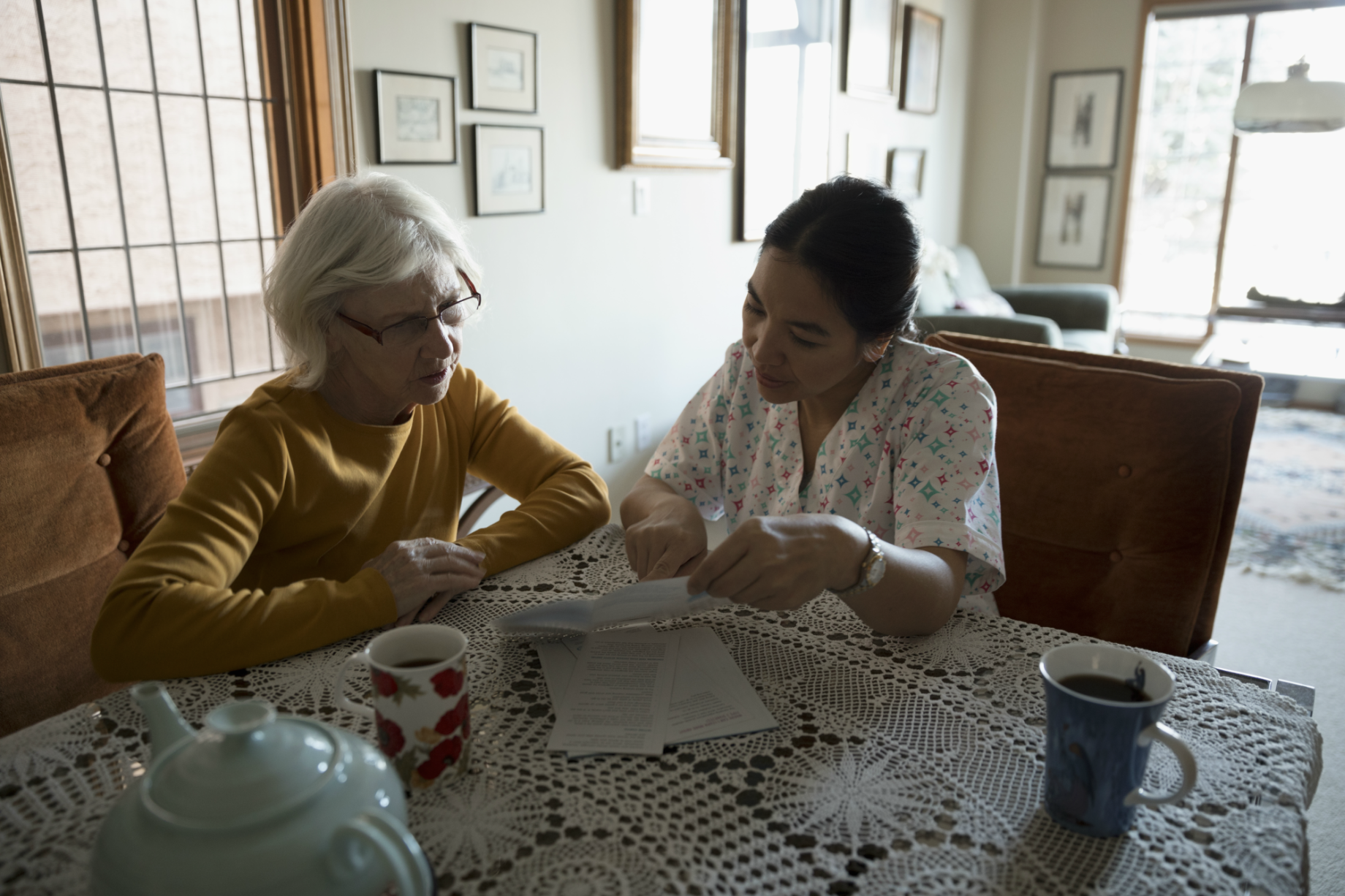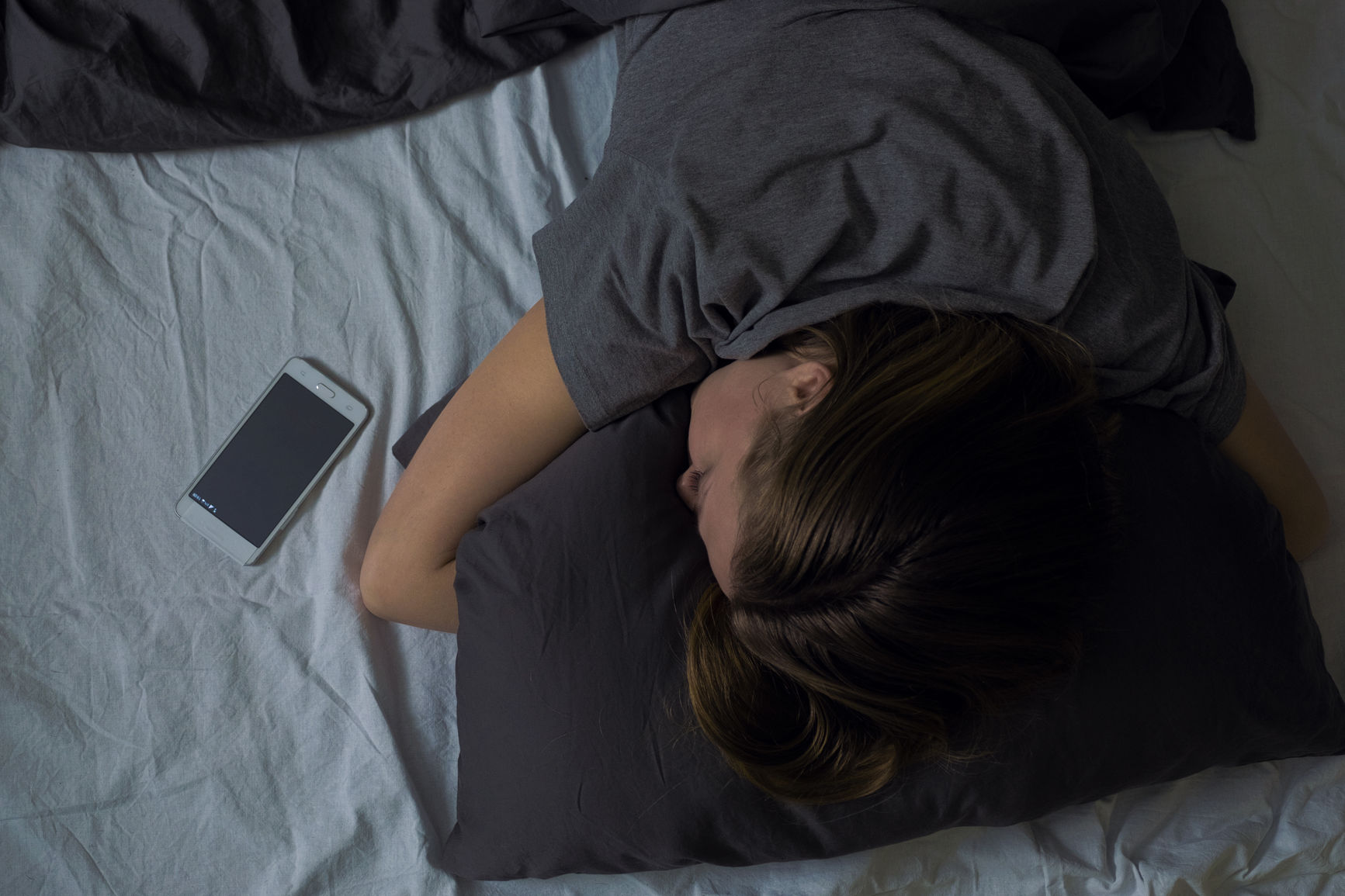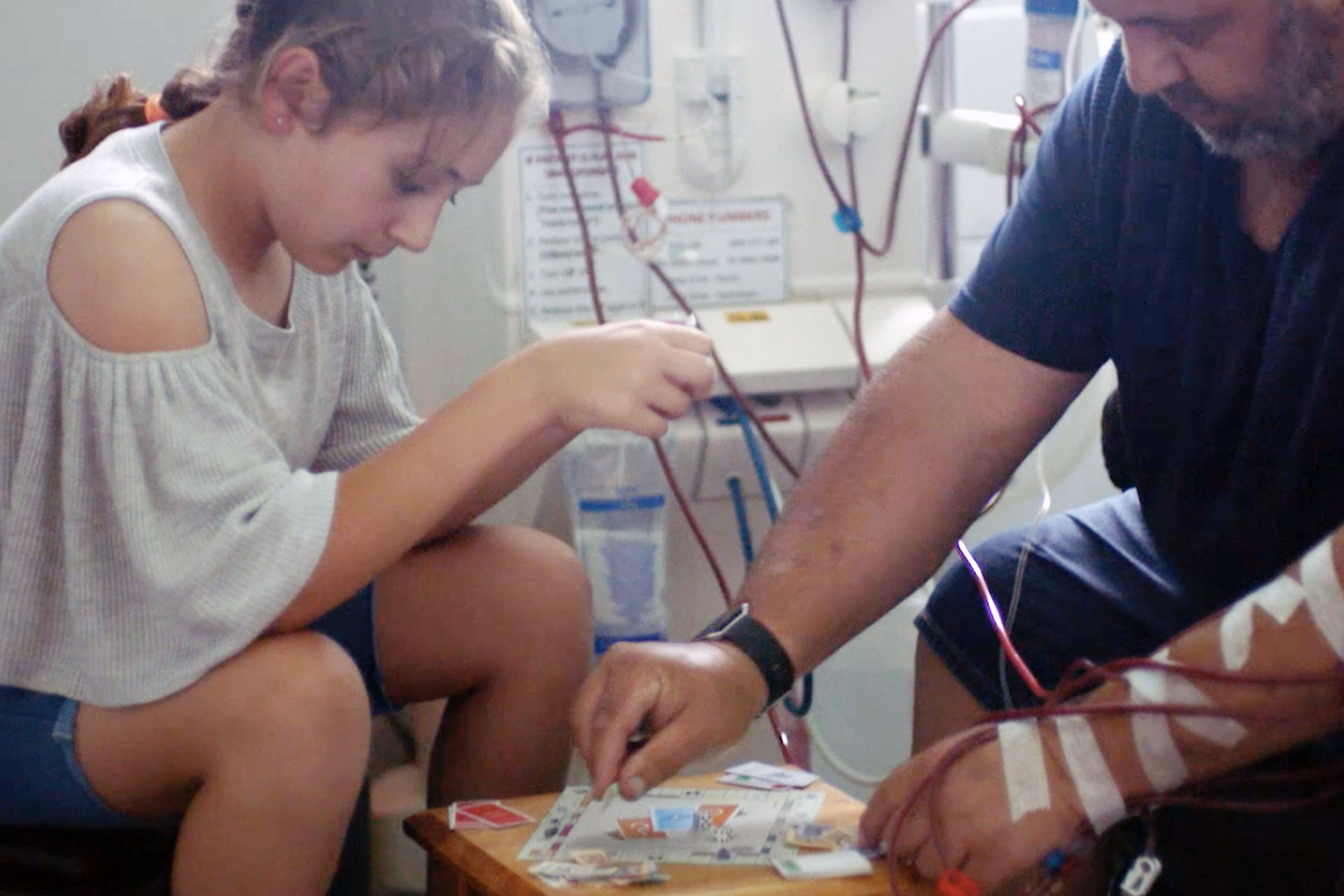-
Canberra twins Georgia and Olivia Fogarty know all too well the pain and frustration of a serious knee injury. The 19-year olds have been watching their soccer and women’s AFL teams from the sidelines for the past month, waiting for surgery to repair tears to their anterior cruciate ligaments (ACL), a procedure commonly known as a knee reconstruction.
They injured their knees just a couple of months apart. Georgia during soccer training in July, and Olivia during a women’s footy match in May.
According to new Medibank data, they’re not alone. From 2012, the data shows a 52 per cent increase in anterior cruciate ligament (ACL) repairs for girls aged 10 to 14 years. For those aged 10 to 19, it was a 31 per cent increase. Compared to boys aged 10 to 19, there was almost 20 per cent fewer claims for ACL repairs.
This new data mirrors the rise in women playing contact sport. The Australian Football League (AFL) reported a 19 per cent increase in female participation across the sport in 2016, and a 21 per cent increase in girls playing AFL ‘Auskick’, for ages 5 to 12 years.
The ACL plays an important role in keeping the knee stable. Tears or sprains to the ligament can be debilitating and painful, and often occur whilst playing sport. Treatment for an ACL injury includes physical therapy and surgery.
Medibank Chief Medical Officer Linda Swan said it’s up to parents and coaches to ensure children are warming up properly, to reduce the risk of injury.
“It’s great to see children and teenagers being active and playing team sports, however we don’t want to see children hospitalised with injuries that could have been avoided. They’re also looking at lengthy rehabilitation and time on the bench,” said Dr Swan.
READ MORE: Safe exercise tips for young ones
The new Medibank data also shows since 2015, mouthguard claims for teenage girls’ have jumped by 20 per cent. During the same period, claims for boys increased by only eight per cent. Most mouthguards are claimed by parents in March, marking the start of the school sport season, with Medibank records also showing peak hospital admissions for ACL repairs occur during June and July.
Dr Swan said it’s important to have the right protective gear when playing sport.
“Parents need to ensure children have protective gear such as mouthguards. Any injury is painful and frustrating, but dental injuries can be very expensive to fix,” added Dr Swan.
Recognising the increase in ACL injuries amongst young women, and the long-term implications these injuries can have, the Medibank Better Health Foundation has partnered with La Trobe University in Melbourne to better understand injury prevention programs for adolescent female soccer players. In particular, the research aims to find out why there has been resistance to implementing the 11+ injury prevention program in Australia -- a program that has proven success elsewhere.
This project, conducted in partnership with the Football Federation of Victoria and FIFA, received $60,826 in funding from the Medibank Better Health Foundation.
Jump in injuries for sporty young girls
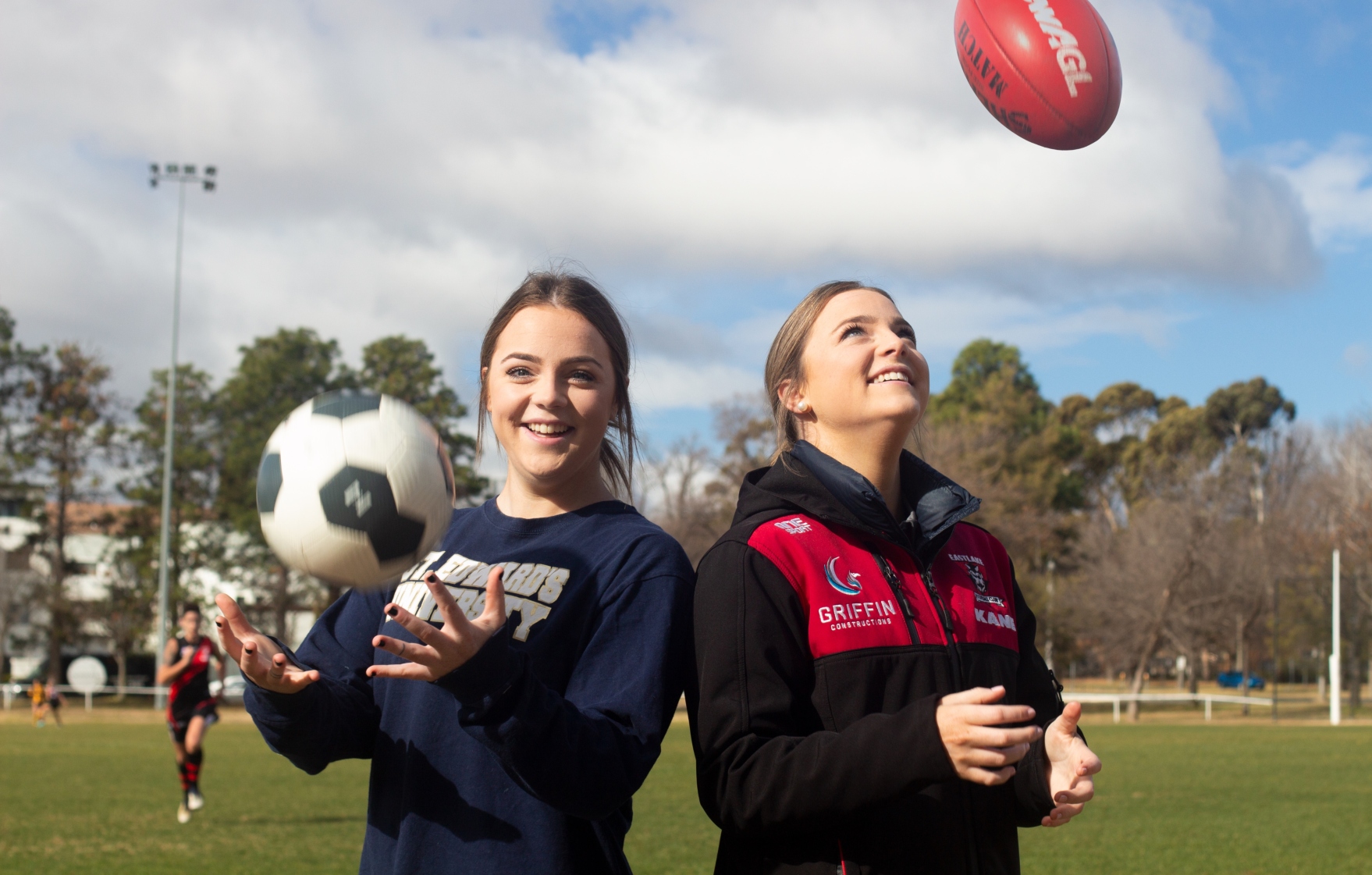
-
Innovating for members living with chronic disease
Medibank is supporting our members living with chronic diseases such as heart disease, arthritis, and diabetes, through our CareComplete programs.
-
Medibank’s palliative care at home trial
Giving our customers choice in where they would like to receive their end-of-life care can provide dignity, privacy and help them retain control over the care they receive.
-
How your phone habits affect your sleep
And what it means for your mental health, hormones and more.
-
Medibank trialling haemodialysis at home
Giving members with chronic kidney disease more choice
-
The origins of western and eastern medicine
Two schools of thought explained
-
Almost half of hospital patients are looking for more support
Find out how Medibank is helping.
Subscribe to receive the best from Live Better every week. Healthy recipes, exercise tips and activities, offers and promotions – everything to help you eat, move and feel better.
By clicking sign up I understand and agree to Medibank's privacy policy

